| We welcome Roy Edward Jackson back to the YA Wednesday blog! In the past, Roy has written with Dr. Erinn Bentley. Today is Roy's first solo YA Wednesday post. Roy Edward Jackson holds degrees in Education, English, and Library Science. He has worked in public education in a variety of roles for over two decades. Currently, he is working on his doctoral research on the rise in LGBTQIA+ book challenges in school libraries. He resides in Pennsylvania with his husband and menagerie of pets. |
For many, the first foray into second person point of view most likely occurred in a Choose Your Own Adventure book. One could be in the shoes of a track star or a zombie hunter upon turning to page 122. The book series has captivated young readers for generations. Many reluctant readers are hooked through the books that require the physical act of turning pages forward and backwards to progress the story, and the story changes each time one reads it by making different choices. But for some, the unconscious sliding into the shoes of others through second person point of view may have even more serious impact for the older YA reader. Second person POV is often described by adults as cold and distant. However, for the YA reader, second person can be quite the opposite.
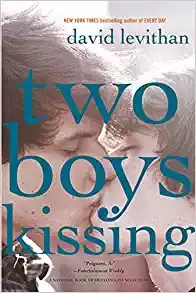
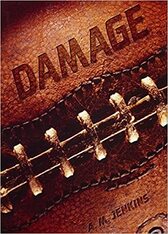
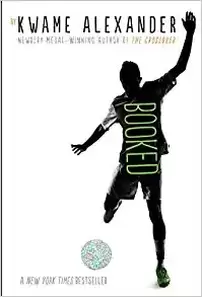
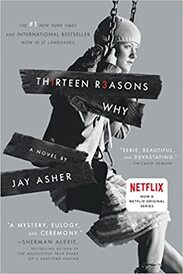
Many adult readers find second person point of view difficult to read. They often struggle with how to read, or receive, the use of the word /you/. But with each new generation comes new ways of reading. As more and more kids are taught social emotional learning and social justice, the way they read changes. That makes the power of second person POV in YA books all the more useful. Teaching kids to read with the ability to empathize with the marginalized, those that are hurting, or are othered, is a powerful tool in social emotional learning, and young readers find connections to others they may not have typical contact with in their daily lives through books. These books show how the use of second person can make that connection even deeper as it can force readers to become the /you/ they are reading in literature.
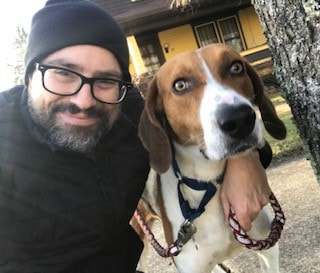
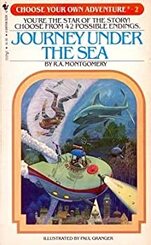
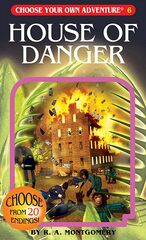
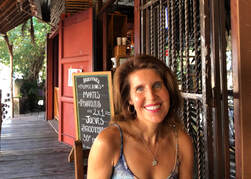
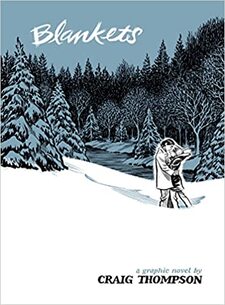
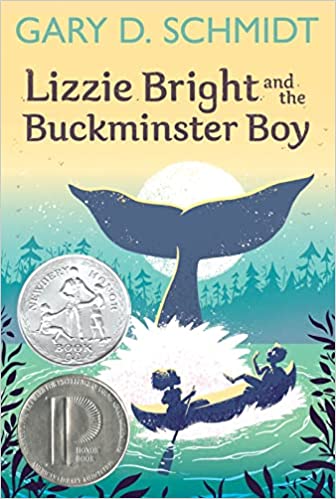
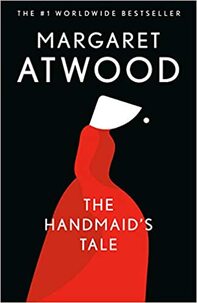
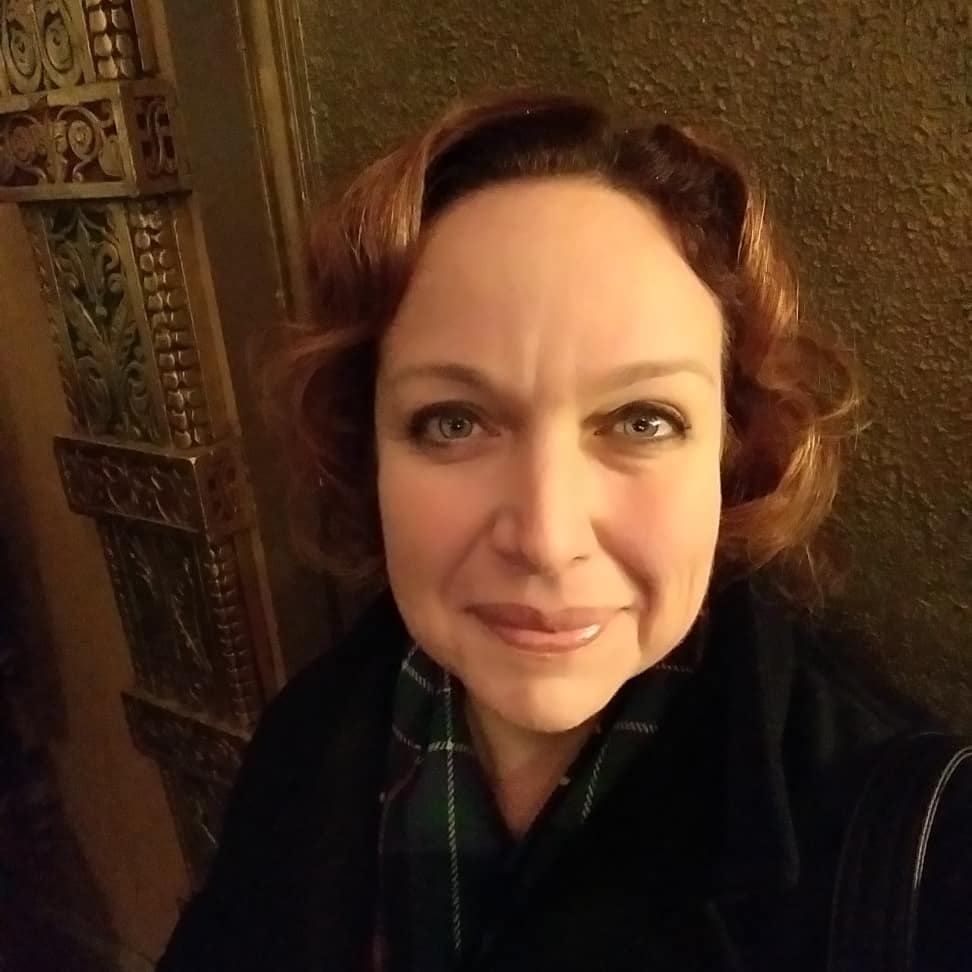

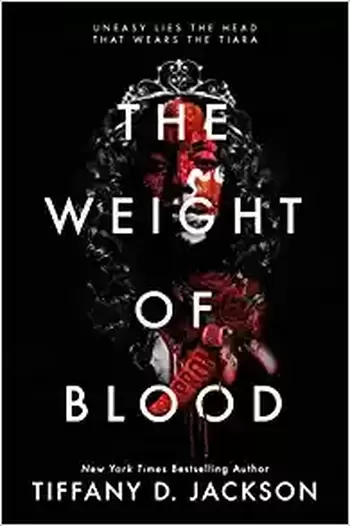
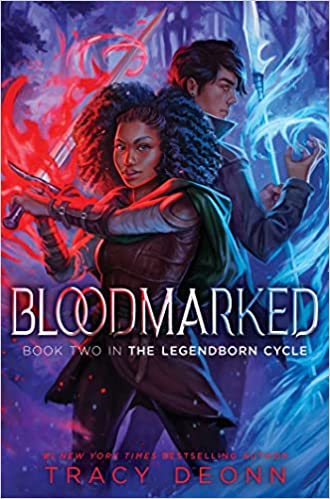

 RSS Feed
RSS Feed